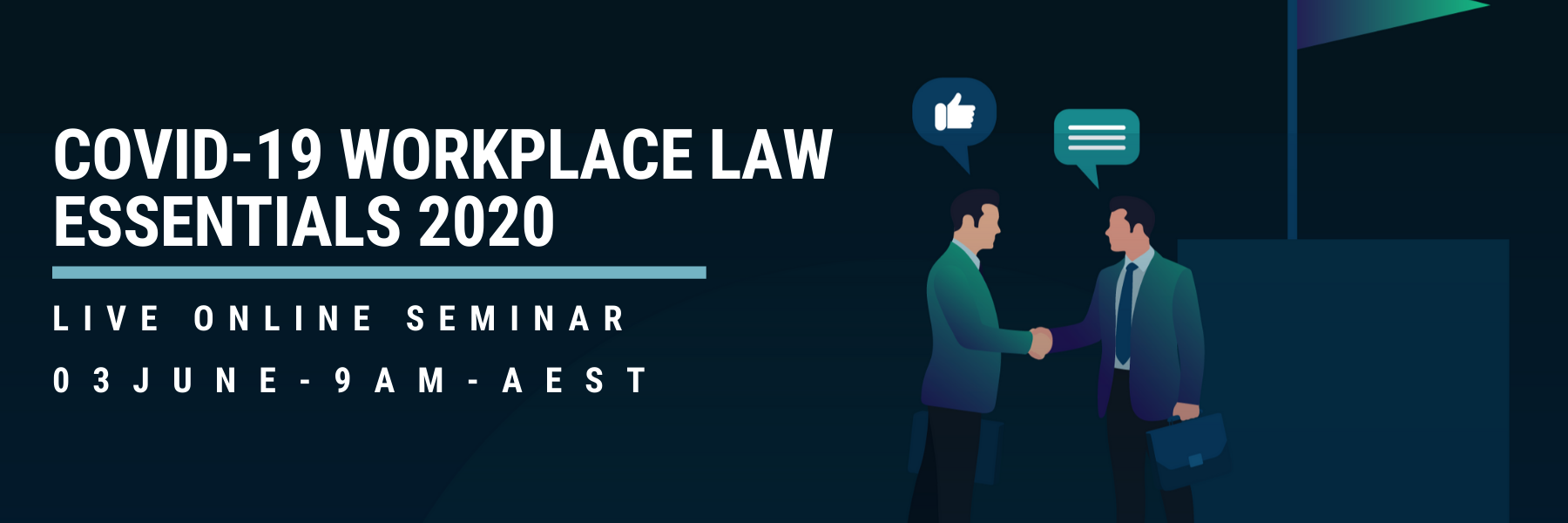What are the legal and operational guidelines that HR leaders should consider to mitigate the impact of COVID 19 in the workplace?
International Labor Standards provide a strong foundation for policy makers to protect workers and support businesses during crisis. These standards, based on the ILO’s preliminary assessment of the impact of COVID 19, are issued to guide institutions and enterprises along a steady path to recovery.
Here are the Top 5 workplace guidelines according to the International Labor Organization to ensure the sustainability of businesses and the safety of employees in the new world of work.
1. Strengthen Occupational Safety and Health Measures
Work should continue to strictly abide with personal and environmental hygiene guidelines, social distancing, health screening, and increased provision of protective equipment (especially for health and allied workers). These measures need to be enforced until a vaccine becomes available. In the meantime, refer to the full list of WHO Guidelines to prevent or reduce COVID 19 risks in the workplace.
2. Adopt Flexible Work Arrangements
Encourage appropriate flexible working arrangements, such as work-from-home and staggered hours to observe social distancing and prevent infection. Flexible work arrangements also provide much needed support to parents struggling with childcare as school systems and daycares shut down.
For employees who can’t work remotely, like the manufacturing sector for example, develop schedule workarounds to keep employee density down while achieving the same level of productivity.
3. Prevent Racism and Discrimination
Fear of the coronavirus is manifesting as discrimination against frontline workers and people of Chinese or Asian descent. Employers need to be vigilant with the enforcement of anti-discrimination, harassment, bullying and retaliation policies and conduct investigations where needed. Educating workers on the nature of the virus is important to ward off potential stigmatisation, misunderstanding or overreaction.
4. Provide Health Access for All
Provide universal access to collectively financed health services for employees and their families in their time of need. Other measures include childcare for working parents and mental wellness support. Crisis can increase anxiety and depression among people. Services may range from online therapy sessions to self-care apps.
5. Expand Paid Leave Benefits
Paid sick leave, sickness benefits, and parental care leave ensure income security for those who are sick, quarantined or caring for children, elderly or other family members.
Provisions for paid sick leave should be available for employees who are unable to work due to quarantine or illness. Some countries like Ireland, Singapore and South Korea, have even made sick pay/leave available for the self-employed.
Protecting and supporting workers and businesses are both critical to our recovery from this global pandemic. Learn more about the all-important, people-first response by reserving your spot for the COVID 19 Workplace Law Essentials Online Seminar.




